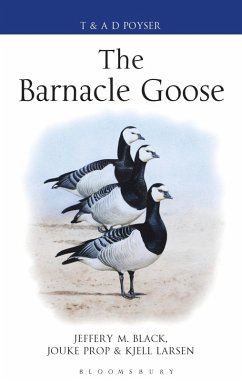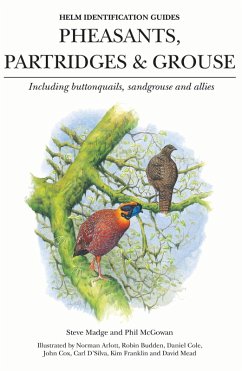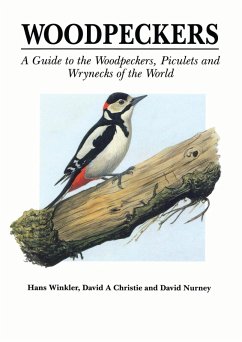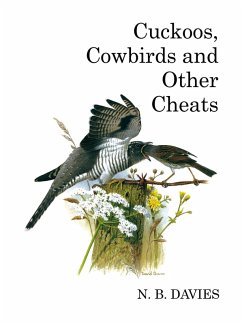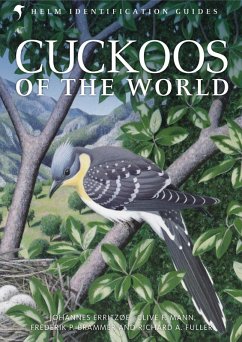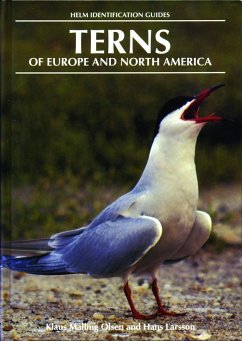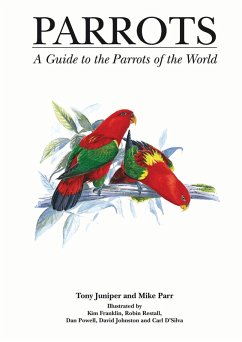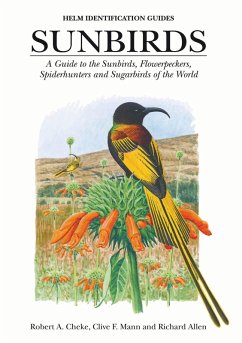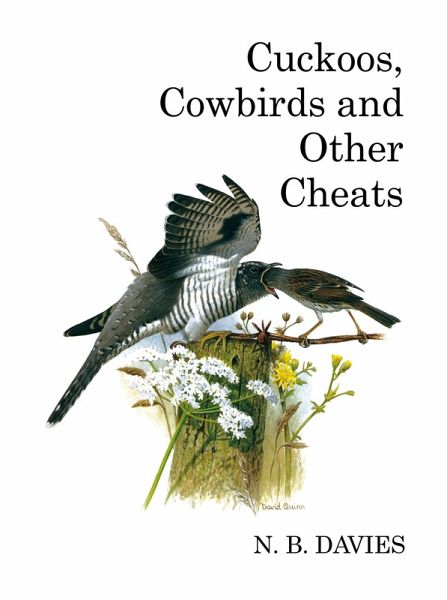
Cuckoos, Cowbirds and Other Cheats (eBook, ePUB)
Versandkostenfrei!
Sofort per Download lieferbar
58,95 €
inkl. MwSt.
Weitere Ausgaben:

PAYBACK Punkte
29 °P sammeln!
This fascinating study describes the natural histories of these brood parasites and examines many of the exciting questions they raise about the evolution of cheating and the arms race between parasites and their prey. Brood parasites fill their armoury with adaptations including exquisite egg mimicry, rapid laying, ejection of host eggs, murder of host young, chick mimicry and manipulative begging behaviour: ploys shown by recent research to have evolved in response to host defence behaviour or through competition among the parasites themselves. While many host species appear defenceless, acc...
This fascinating study describes the natural histories of these brood parasites and examines many of the exciting questions they raise about the evolution of cheating and the arms race between parasites and their prey. Brood parasites fill their armoury with adaptations including exquisite egg mimicry, rapid laying, ejection of host eggs, murder of host young, chick mimicry and manipulative begging behaviour: ploys shown by recent research to have evolved in response to host defence behaviour or through competition among the parasites themselves. While many host species appear defenceless, accepting parasite eggs quite unlike their own, many are more discriminating against odd-looking eggs and some have evolved the ability to discriminate against odd-looking chicks as well. How is this arms race conducted? Will defenceless hosts develop defences in time, or are there constraints which limit the evolution and perfection of host defences? And why are so few species obliged only to lay eggs in host nests? Have host defences limited the success of brood parasitism, or is it in fact much more common than we suspect, but occurring mainly when birds parasitize the nest of their own kind? All of these puzzles are examined in descriptions of the natural history of each of the groups of parasites in turn. Here is a book with wide appeal, both to amateur naturalists fascinated by this most singular and macabre of behaviours and by ornithologists and ecologists interested in the evolution of ecology and behaviour. The story takes us from the classic field work by pioneer ornithologists such as Edgar Chance, Stuart Baker, Herbert Friedmann and others, through to the experimental field work and molecular techniques of today's leading scientists. We visit brood parasites in Europe, Asia, Japan, Africa, Australasia, and North and South America, to look at some of the world's most interesting birds and some of biology's most interesting questions, many of which still beg answers from ornithologists in the future. Brilliant illustrations by David Quinn illuminate the species discussed, showing many behaviours never before illustrated and conveying the thrill of watching these astonishing birds in the wild.
Dieser Download kann aus rechtlichen Gründen nur mit Rechnungsadresse in A, B, BG, CY, CZ, D, DK, EW, E, FIN, F, GR, HR, H, IRL, I, LT, L, LR, M, NL, PL, P, R, S, SLO, SK ausgeliefert werden.




